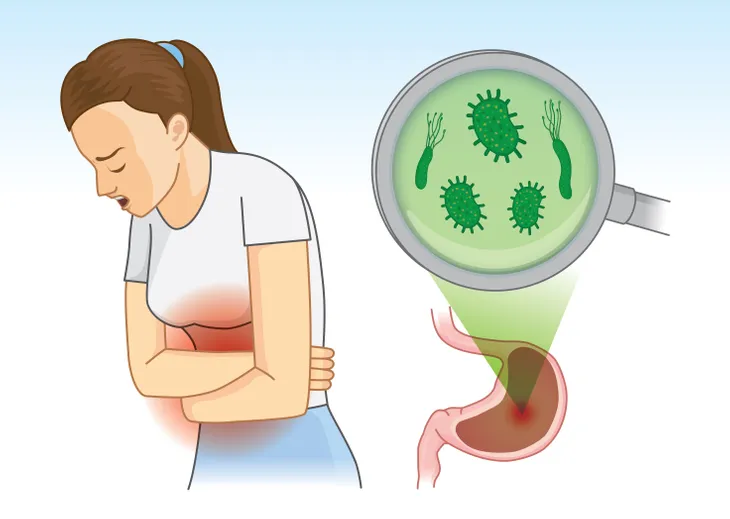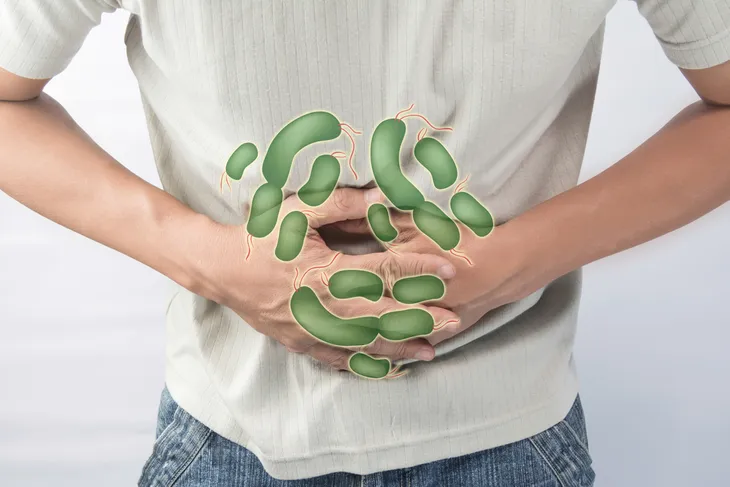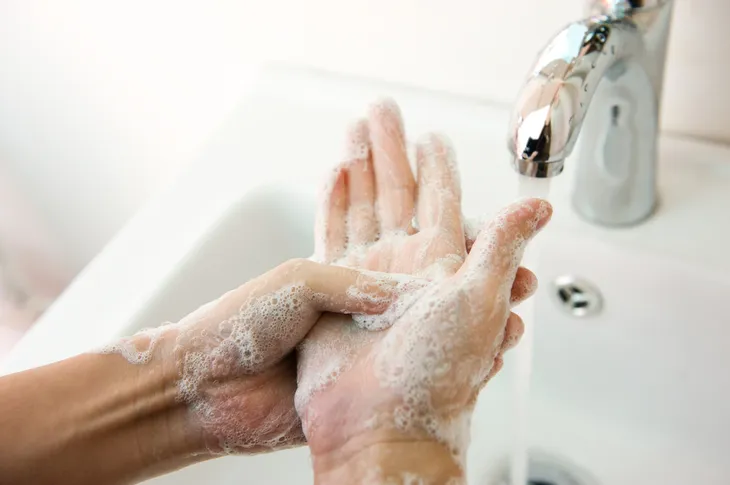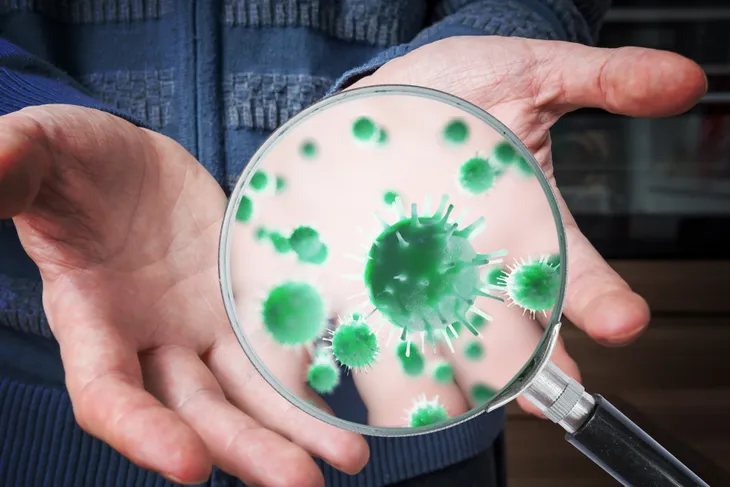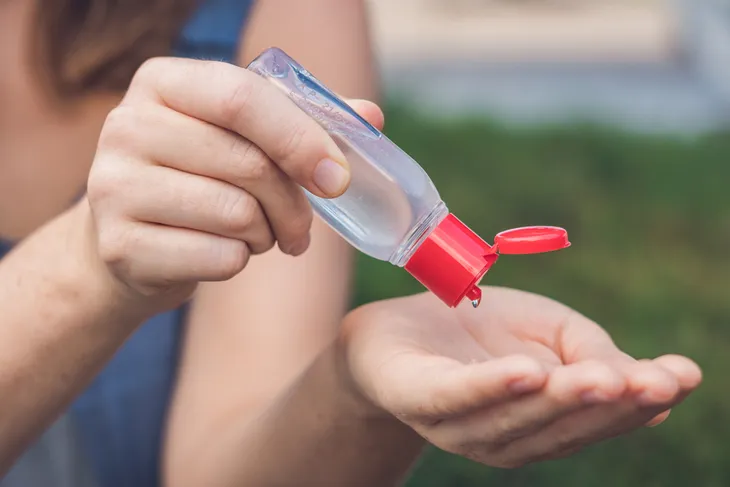You may think a quick rinse under water is enough to clean your hands, but you’d be surprised! Keeping your hands clean is one of the most important methods to avoid getting sick and spreading germs to other people in the household. Many diseases are spread by not washing hands with soap and clean water. To properly wash your hands, wet them under clean, running water. Apply soap and lather your hands together—lather the backs of your hands, between fingers, and under nails. Scrub your hands for at least 20-seconds, says the Centers for Disease Control and Prevention (CDC). Rinse your hands under clean, running water and dry using a clean towel, paper towels, or allow them to air dry.
How Germs Make People Sick
People, especially children frequently touch their eyes, mouth and nose without realizing it. Germs can travel from the hand and get into the body, which can make us sick. Feces from people and pets spread germs like Salmonella, E. coli and norovirus, which causes diarrhea and it can cause respiratory infections.
According to the CDC, proper hand washing can reduce the number of people who get sick with diarrhea by 30-percent. A single gram of human feces can contain one trillion germs. That’s about the weight of a paper clip.
Cross Contamination of Food Can Make You Sick
Germs have no scrupulous. They don’t care whether you’ve handled raw chicken and then sliced some fresh cucumber. To prevent cross contamination in the kitchen, it’s vital to wash your hands frequently.
When the juice of raw meat comes into contact with ready-to-eat foods or cooking utensils, cross contamination can occur. To prevent food poisoning, always keep raw meat separate and wash anything that comes into contact with the meat—including your hands. Germs can also multiply in some types of food if not stored properly, so ensure you follow kitchen guidelines.
When to Wash Your Hands
Hand washing should become second nature—and don’t do it only after you’ve used the bathroom or prepared a meal in the kitchen. You should wash your hands frequently because you never know when you’ve come into contact with germs. Wash your hands after using a tissue, taking the garbage out, before eating, during food preparations, after changing a diaper, after playing with pets. Basically, wash your hands a lot.
Soap and water work by washing away germs from your skin. So, soap won’t kill the germs like hand sanitizer, but it removes them. Soap is a surfactant, it works to break down the interface between water and oils to clean your hands. Using soap and water when your skin is dirty is the best way to remove both the germs and dirt.
Germs Can Transfer to Other Objects
There’s a reason why germs spread like wildfire through day care centers and schools. Germs are easily transferred to objects like toys, smart phones, laptops and handrails. That means that anyone who hasn’t washed their hands properly can potentially contaminate anything they touch.
Properly washing children’s hands is vital to stop the spread of germs, but you’ll also need to disinfect toys and surfaces regularly to prevent the spread of infection. That means disinfecting anything that comes into contact with little hands like door knobs, benches, handrails, toys and chairs. It may seem like a daunting task, but it will help keep everyone germ free.
When to Use Hand Sanitizer
Washing with soap and water is the best method to combat germs, but sometimes you may find yourself in a sticky situation where you don’t have access to clean water and soap. That’s when hand sanitizers come in handy.
Studies have found that hand sanitizers with an alcohol concentration 60-percent and over are most effective. Non-alcohol based hand sanitizers do not work as well. They only reduce the growth of germs, rather than killing them. One thing to keep in mind is that if your hands are greasy, hand sanitizers probably won’t work. To get rid of the grease and germs, good old fashion soap and water are the best choice.

